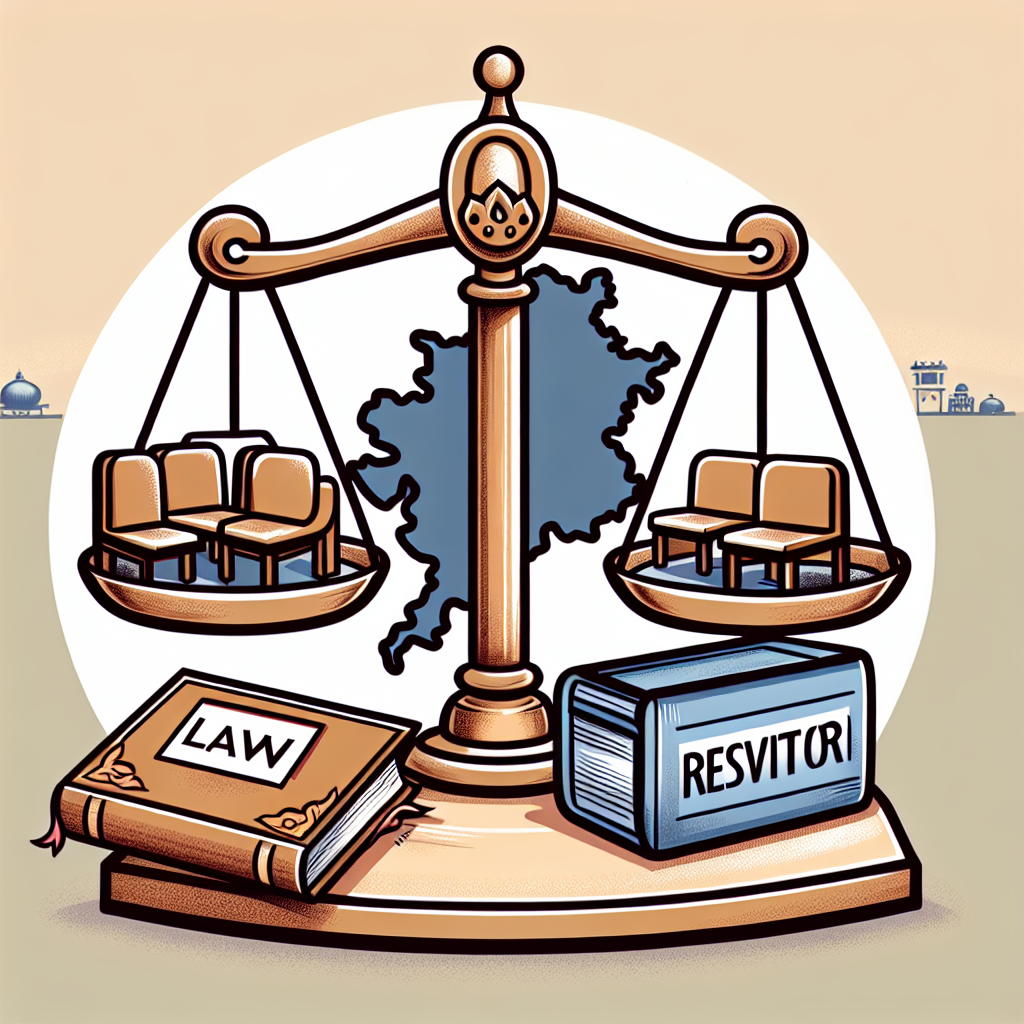Historic Move: Supreme Court Implements Reservation Policy for Non-Judicial Staff
The Supreme Court introduced reservations for SCs, STs, OBCs, PwDs, ex-servicemen, and freedom fighters' kin in its non-judicial staff recruitment process. CPI(M) welcomed the decision, seeing it as a step towards fulfilling social justice demands. Chief Justice B R Gavai initiated the significant reform.

- Country:
- India
The Supreme Court's recent decision to provide reservations for its non-judicial staff has been met with approval from several quarters, including CPI(M) general secretary M A Baby. Baby praised the move on social media, calling it a 'welcome move' and 'historic step' by Justice B R Gavai.
The Supreme Court's initiative introduces reservations for Scheduled Castes (SC), Scheduled Tribes (ST), Other Backward Classes (OBC), persons with disabilities (PwD), ex-servicemen, and dependents of freedom fighters. The move also brings in a model roster system for recruitment, as confirmed by a circular issued on June 24.
In response to the decision, the Communist Party of India (Marxist) has lauded Chief Justice B R Gavai for implementing the reform, noting that it marks progress toward social justice by extending reservations to previously unrepresented sectors. A quota system will now benefit various court staff, marking a significant step in judicial employment policy.
(With inputs from agencies.)
ALSO READ
Haryana's OBC Community Celebrates BJP's Inclusive Growth
Supreme Court to Review West Bengal's OBC List Controversy
Rahul Gandhi Advocates for Inclusive Strategy Amid Congress's Reflection on OBC Commitment
Telangana's Surge for Social Justice: A New Era in OBC Reservations
Rahul Gandhi Calls Out Government on Unfilled OBC and SC University Posts










